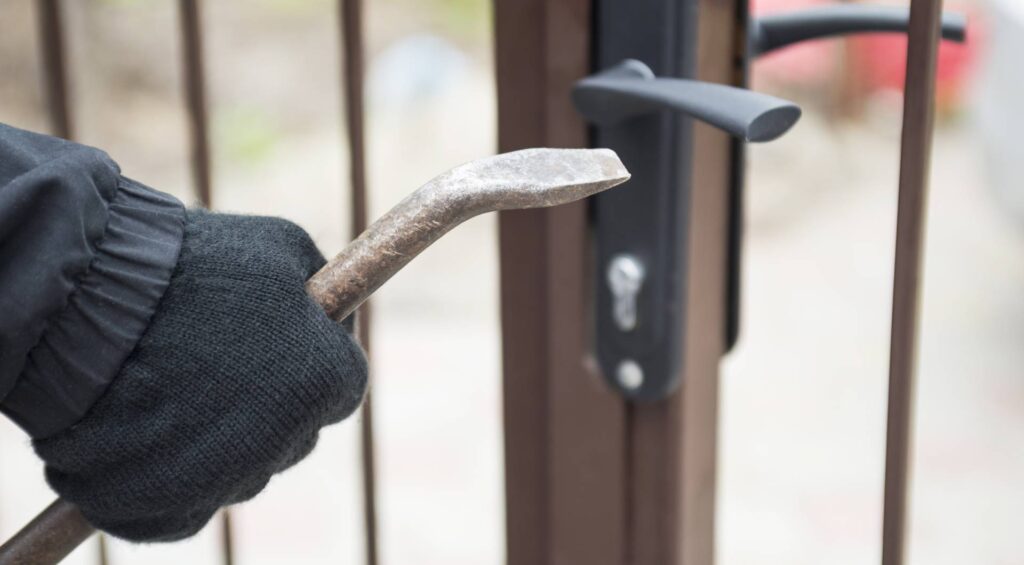Any time one person kills another person, it’s a homicide. A homicide can be the result of an accident or negligence – but a homicide defendant may need help from a Boston criminal defense attorney to prove it was an accident.
Homicides are categorized legally in several ways, including murders, manslaughters, and “justifiable” homicides. Not all homicides are crimes.
If you kill in self-defense, for example, it’s no crime, but you may have to prove to a court that you acted in self-defense. An accidental death may be involuntary manslaughter, or it may not be a crime at all, although such cases often trigger civil wrongful death lawsuits.
WHAT IS THE MOST IMPORTANT FACTOR IN A HOMICIDE CASE?
When someone kills another person or is responsible for another person’s death, the key legal factor is the assailant’s state of mind. Was the killing planned and malicious? Or was the death accidental and unintentional?

Because different circumstances may lead to homicide for different reasons, lawmakers in all fifty states recognize several categories of homicide and require different penalties for convictions on different homicide charges.
What are the homicide laws in Massachusetts? What are the penalties if someone is convicted of a homicide charge? Keep reading – you’ll learn the answers to these questions, and you will also learn what steps to take if you are charged with committing a homicide in this state.
WHAT ARE THE VARIOUS HOMICIDE CHARGES IN MASSACHUSETTS LAW?
The specific homicide offense that is charged in any particular case will hinge on the defendant’s intentions and mental state at the time of the killing. Homicide charges in Massachusetts include:
1. First-degree murder (including “felony” murder)
2. Second-degree murder
3. Voluntary manslaughter
4. Involuntary manslaughter
5. Motor vehicle homicide
WHAT CONSTITUTES FIRST-DEGREE MURDER?
In Massachusetts, first-degree murder happens when someone kills someone else intentionally, deliberately, and with premeditation. In addition, homicides that are committed with extreme cruelty or that fall under the state’s “felony murder rule” may also be prosecuted as first-degree murders.

The ”felony murder rule” states that you can be charged with first-degree murder if you kill someone while committing a crime that is punishable by life imprisonment or death. The state does not have to prove that the killing was intended but only that it happened during the commission of another felony.
The maximum penalty for a first-degree murder conviction in Massachusetts is life in prison without the possibility of parole.
WHAT CONSTITUTES SECOND-DEGREE MURDER?
A second-degree murder is any murder that does not meet the legal definition of first-degree murder. For example, the murder may have been intentional, but it was not premeditated.
The maximum penalty for a second-degree murder conviction in Massachusetts is life in prison with the possibility of parole. If you are convicted, you may be eligible for parole after serving between 15 to 25 years in prison.
WHAT CONSTITUTES VOLUNTARY MANSLAUGHTER?
In Massachusetts, voluntary manslaughter happens when one person kills another person intentionally (or “voluntarily”), but the killing involved some type of provocation, justification, or mitigating factor. Mitigating factors might include, for example:
1. The killing happened in the heat of passion after a reasonable provocation.
2. The killing happened in the heat of passion as a result of sudden physical combat.
3. The killing involved excessive force used in self-defense or in the defense of another.
Words alone are not enough to constitute a “reasonable provocation.”
WHAT CONSTITUTES INVOLUNTARY MANSLAUGHTER?
Involuntary manslaughter happens in Massachusetts when one person unintentionally causes the death of another person while acting recklessly or while committing battery against that person.
To convict someone of involuntary manslaughter, the state must prove that the defendant committed a reckless act or an intentional battery but did not necessarily intend to cause death.
WHAT CONSTITUTES MOTOR VEHICLE HOMICIDE?
Motor vehicle homicide is a criminal charge that can be brought when someone operates a motor vehicle recklessly and negligently, and that conduct results in another person’s death. Depending on the details of the incident, a motor vehicle homicide charge can be a felony or a misdemeanor.

If a defendant is convicted of motor vehicle homicide as a felony, he or she faces two-and-a-half to fifteen years in jail or prison and a substantial fine. If convicted of motor vehicle homicide as a misdemeanor, a defendant faces from thirty days to two-and-a-half years behind bars and a substantial fine. Defendants may also lose their driving privileges if they are convicted of this crime.
Additionally, for any motor vehicle homicide conviction in Massachusetts, if the offender has a previous conviction for operating under the influence (OUI), his or her driver’s license will be suspended for life.
WHAT ARE THE OTHER CONSEQUENCES OF A HOMICIDE CONVICTION?
Because homicides are the most serious crimes of violence, a homicide conviction carries not only severe legal consequences, but extra-legal consequences as well. Your career could be destroyed. If you’re an immigrant, you could be deported. Your family could be devastated. You may spend the rest of your life behind bars.
If you are the target of a homicide investigation in Massachusetts, or if you are facing any homicide charge in this state, do not answer any questions from law enforcement officers or prosecutors before you have consulted a Boston criminal defense attorney.
If you are taken into custody, you have the constitutional right to remain silent. Exercise it – except to insist (politely) on your right to have your attorney present during any interrogation.
WHEN SHOULD YOU CONTACT A CRIMINAL DEFENSE LAWYER?
And do not even think about trying to act as your own attorney. A homicide charge is too serious, the law is too complicated, too much will be at stake, and anything that you say could be twisted and used against you. Put your case in the hands of a good defense attorney – at once.
Massachusetts courts are seldom lenient to offenders who are convicted of violent crimes, and nothing is more serious in the state’s criminal justice system than a homicide charge.

If you are charged with a homicide or with any crime of violence in Massachusetts, you must be represented by the right Massachusetts criminal defense lawyer – someone who knows what it will take to bring your case to its best possible outcome.









